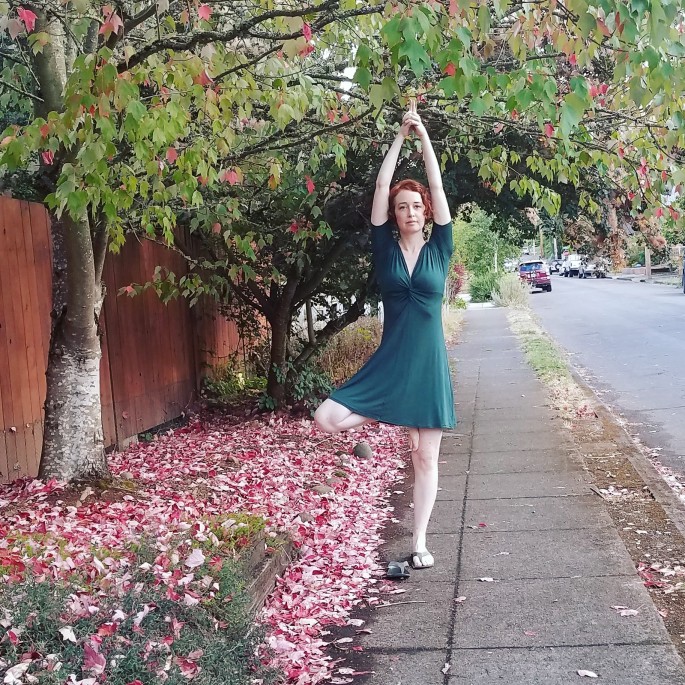As a voice teacher, I’ve learned to talk about breath support many different ways. Every student has their own “language” and responds to different cues, so I’ve come up with many ways of exploring this foundational element in singing. Often it is a student that teaches me a new way of approaching this important concept, as happened the other day. I was encouraging my student to engage a bit more deeply with their support muscles, using several different cues and metaphors, and when it really “clicked” for them, they said, “Oh! So, like I really mean it!” We laughed and I affirmed that, yes, we always want to “really mean it” anytime we sing! Although this may seem obvious to some, it is truly a concept we could all benefit to explore more deeply – the power of intention.
When we feel strongly about communicating something and there isn’t a layer of fear, doubt, or shame in the way, we naturally engage our deeper core muscles just the right amount to support our communication. There is a way in which “micro-managing” by intellectually knowing which muscles to engage at certain times, and how much, can actually get in the way of being fully in your body and trusting your instincts. Mind-based knowledge can only take us so far. Although it is helpful to have an accurate map of your body and understanding of the basic mechanics involved, we must then surrender to the present moment and trust the wisdom of our bodies, our intuitions and intentions. In doing so, we return to a child-like state of wonder, discovery, and freedom!
An especially powerful time to set an intention is as you inhale. Again, young children usually do this naturally, and beginning adult students often must release some amount of accumulated stress in order to achieve a relaxed, expansive inhalation. I’ll often use the adjectives “surprised and happy” as a cue to invite students to allow their breath to “drop in” naturally and fully, with a lift of the soft palette, and jaw and tongue free from unnecessary tension. When you inhale with the intention of what you’re about to sing or say, this often happens naturally, and we breathe in with the vowel that we’re about to use. Even if what you’re about to express isn’t happy, the ‘slightly surprised’ cue can help to encourage, rather than force, an internal lifting and opening, along with an easy release of the abdominal muscles so that the diaphragm can fully drop.
In life as well as singing, take your time to fully receive the breath or inspiration that is available to you; and when doing so, keep a strong intention in mind for your next phrase, or phase of life!

